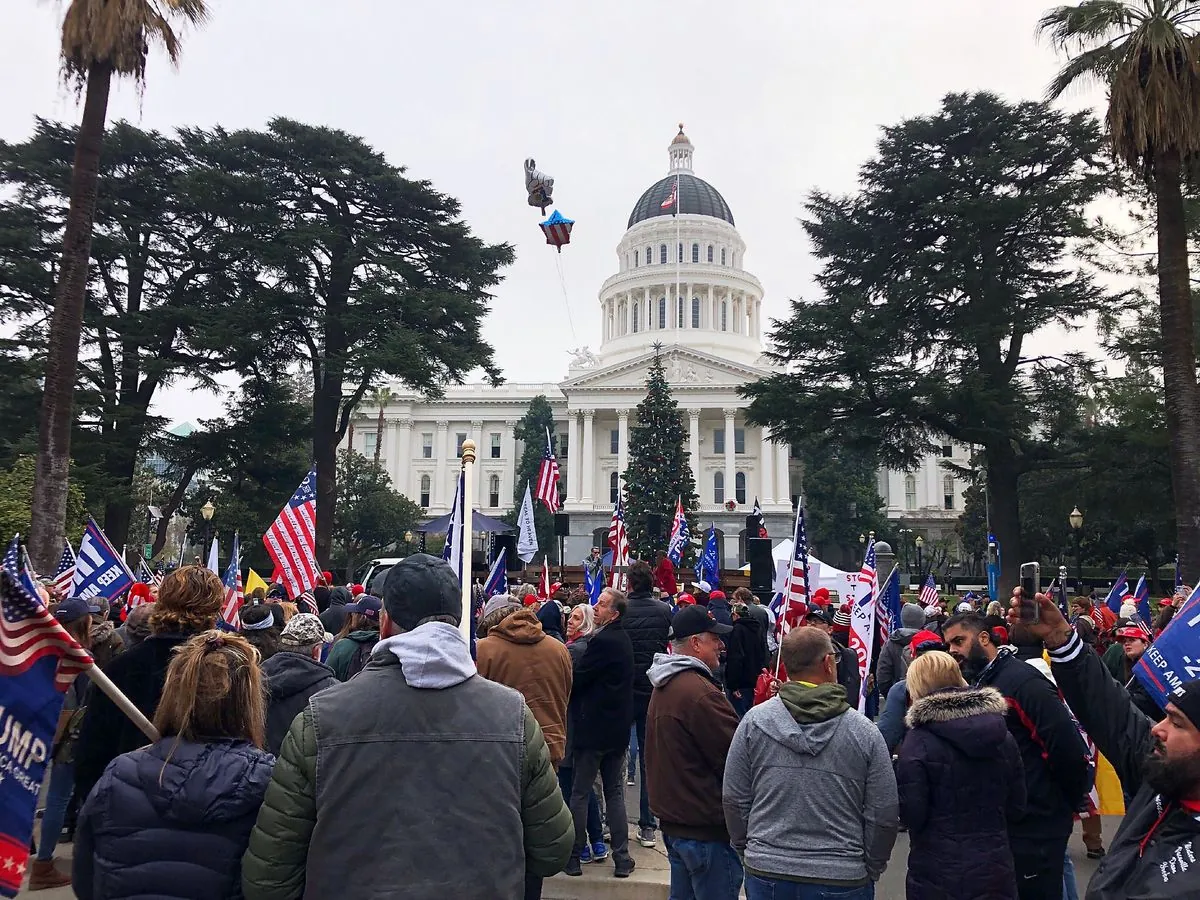On September 20, 2024, Governor Gavin Newsom of California vetoed a bill designed to assist Black families in reclaiming or receiving compensation for property unjustly seized by the government. This decision has significant implications for the ongoing debate about reparations and addressing historical racial injustices in the United States.
The vetoed bill aimed to establish a process for families to file claims with the state if they believed their property was seized through eminent domain due to discriminatory motives and without fair compensation. Eminent domain, the power of the government to take private property for public use with just compensation, has historically been misused to disproportionately affect minority communities.
Newsom explained his veto, stating, "I thank the author for his commitment to redressing past racial injustices. However, this bill tasks a nonexistent state agency to carry out its various provisions and requirements, making it impossible to implement."
This bill was part of a larger package of reparations legislation backed by the California Legislative Black Caucus, an organization founded in 1967. Other proposals in the package included a formal state apology for slavery and its lasting impacts, improved protections against hair discrimination for athletes, and measures to combat book banning in state prisons.
The concept of reparations for historical injustices has been debated in the United States for decades, gaining prominence after the Civil War with the unfulfilled promise of "40 acres and a mule" to formerly enslaved people. The California Reparations Task Force, established in 2020, has been working to study and develop reparation proposals for African Americans in the state.
The vetoed bill was inspired by a 2022 case where Los Angeles-area officials returned a beachfront property to a Black couple, a century after it was taken from their ancestors. This case highlighted the long-term effects of discriminatory practices such as redlining, which historically denied services to minority neighborhoods and contributed to racial disparities in property ownership.
Senator Steven Bradford, who introduced the eminent domain bill, described it as part of a crucial "framework for reparations and correcting a historic wrong." However, the implementation of such measures faces challenges, including budget concerns and the need for proper oversight.
The Department of Finance opposed the bill, citing unknown implementation costs that could range "from hundreds of thousands of dollars to low millions of dollars annually." This financial consideration reflects the complex nature of addressing historical injustices while managing current fiscal responsibilities.
California, the most populous state in the U.S. with over 39 million residents, has a unique opportunity to set precedents in addressing racial inequities. The state's diverse history, from entering the Union as a free state in 1850 to its role in the Great Migration of African Americans from 1916 to 1970, provides context for current reparations efforts.
As discussions continue, policymakers must grapple with the long-term effects of historical racial injustices, including the destruction of Black wealth exemplified by events like the Tulsa Race Massacre of 1921. The concept of "generational wealth" remains central to these discussions, highlighting the enduring impact of past discriminatory practices.
While the veto of this specific bill represents a setback for reparations advocates, it also underscores the need for comprehensive, well-structured approaches to addressing historical injustices. As California and other states continue to explore reparations and related policies, the challenge remains to create effective, implementable solutions that can meaningfully address the legacy of racial discrimination in property ownership and beyond.
"I thank the author for his commitment to redressing past racial injustices. However, this bill tasks a nonexistent state agency to carry out its various provisions and requirements, making it impossible to implement."
